
Living conditions are better, and more and more people pay attention to physical maintenance.
In TV, the ratings of health programs remain high. In bookstores, the sales of health books have also been booming.
Hot means making money, but is the money paid for these books really worth it?
The editor of “Public Food Talk” visited two major bookstores in Beijing. The chaos of health care books is beyond your imagination. The trap of these books at sixes and sevens is really overwhelming.
Trap a name exaggerated
Exaggerated to feel that you can’t live without buying one!

Look at these titles:
< < Learn to make medicated diet without getting sick > >
< < Diet is the specific medicine > >
< < Dietotherapy of Old Folk Prescriptions to Solve Big Worries > >
< < Life Saving Diet > >
… …
Such a title is really the heart of friends who like health preservation.
Do you still live without buying one?
But remember, the more unreliable the book, the more dare to brag!
Trap 2 Food Direct Blowing Patent Medicine
Picture above first.
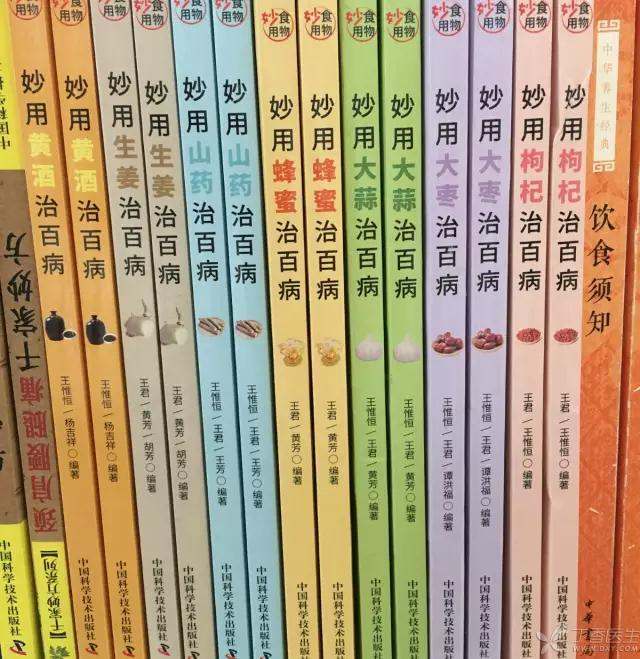
Looking at this series of books, ginger, yam, garlic, honey and yellow wine can cure all kinds of diseases.
There is really something that can cure all diseases in the world?
The market has become a pharmacy.
However, think about it, if one of the foods, such as ginger, can cure all diseases, then why do you need other yam, garlic and honey?
Opening a book casually, I saw a folk prescription: fresh celery juice, which is mainly used for treating various types of hypertension.
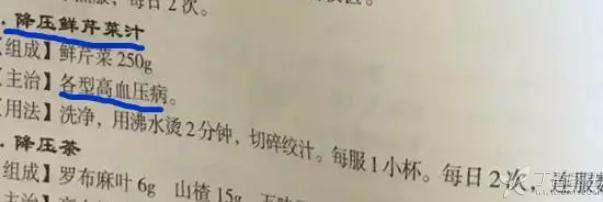
However, Dr. Clove has reminded everyone more than once that eating only a single ingredient has no antihypertensive effect at all.
If you are ill, you should take medicine according to the doctor’s advice and form good living habits. This is the key!
Trap 3 Exaggerates the Efficacy of Food and Appears to All Kinds of People
The copywriting of these books is very attractive. Let’s have a look.
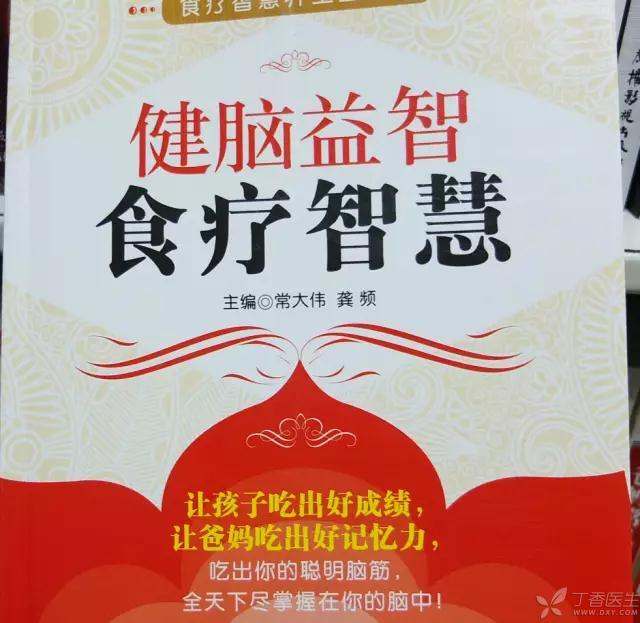
The cover of this book “Strengthening Brain and Improving Intelligence, Dietotherapy and Improving Intelligence” reads “Let Children Eat Good Results, Let Parents Eat Good Memory”. How many old and young friends will be moved?
However, just before this year’s college entrance examination, the State Administration of Food and Drug Administration also issued a risk warning: There is no [panacea] to improve intelligence and academic performance in a short period of time, and so-called brain tonic products should not be superstitious.
This < < Dietotherapy for Common Eye Diseases > > is also severe. Look at China’s dietotherapy theory, which has developed to be able to target dietotherapy for every part of the human body.
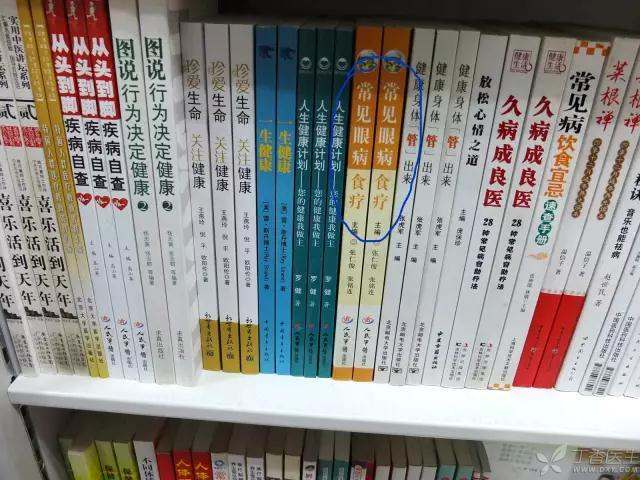
In the same sentence, a reasonable and balanced diet has health benefits, but dietotherapy is not omnipotent.
Trap 4 Pseudoscience Run Away

This book, called “The Law of Alkalinity”, openly compiled into a book the problem of [acid and alkalinity in food] that many nutrition experts and doctors have refuted instead, and claimed to be the work of [medical director of Austria’s Mayr Sports Center].
People who do not know it really think that this is an authoritative scientific institution in what. This is a set of reliable scientific conclusions.
In fact, it is pseudoscience.
Trap Five Types [Wildlife Experts] Run Away
There are too many people who want to read health books, and experts are not enough.
As a result, many health books began to include all kinds of traveling doctors, experts in Chinese studies and traditional Chinese medicine, and began to talk about nutrition and health preservation under a pleasant name.
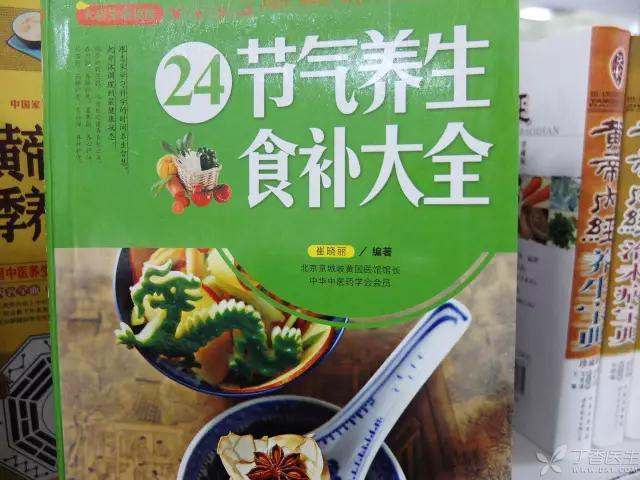
None of the authors of this book has an official status to prove their professional achievements. The main author studies acupuncture, beauty and so on, and somehow dares to compile books on healthy diet.
Can individuals talk about nutrition?
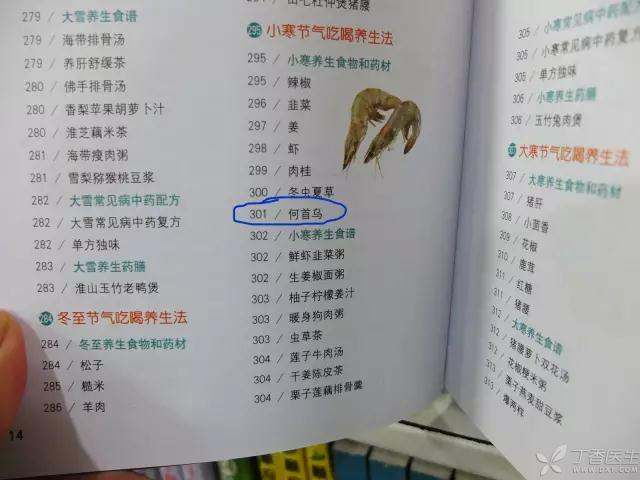
The quality of this kind of book without professional knowledge as a guarantee can be imagined.
The editor even ignores the health of the readers.
For example, this book actually lists [Polygonum multiflorum Thunb] as a health-preserving food. Polygonum multiflorum Thunb has hepatotoxicity. In recent years, there have been many cases of hepatitis hospitalization caused by eating Polygonum multiflorum Thunb indiscriminately!
Take Polygonum multiflorum Thunb at will, but people will die. This is not uncommon.
Trap 6 advocates taboo ingredients and lawlessness.
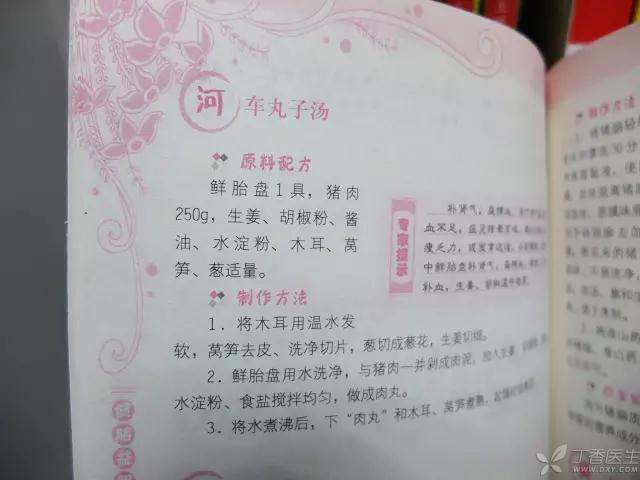
Opening a dietotherapy book, I saw Heche meatball soup.
Readers and friends can check [Hominis Placenta]. Yes, it is the human placenta.
Placenta does not have any unique nutritional ingredients, eating placenta indiscriminately is also at risk of infectious diseases! The National Health Department prohibits any unit or individual from buying and selling placenta.
Trap 7 Food [Anticancer] Make Gimmicks

In the eyes of editors of such books, food that cannot resist cancer is by no means good food.
A good diet is indeed very helpful to health, and in the long run, it is also possible to reduce the risk of cancer. However, this is based on an overall good eating habits and diet collocation, rather than saying that which kind of food to eat and which prescription to use can fight cancer.
Trap 8 Food Health Preservation, Food Mutual Harness
The theory of “food restriction” in bookstores is richer and more comprehensive than that on the Internet.
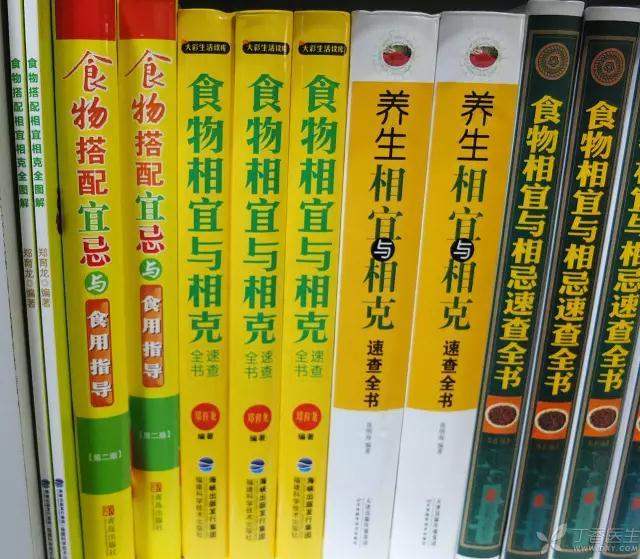
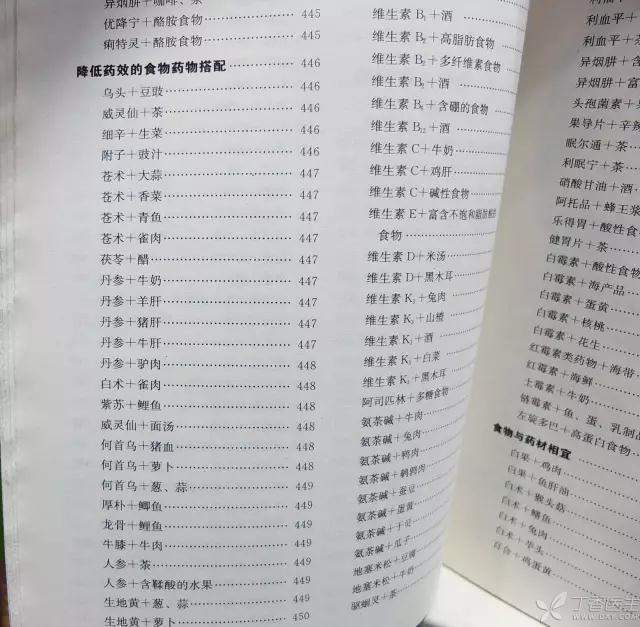

Looking at the picture, there are not only matches that are suitable for matching, but also matches that reduce the drug effect, matches that are too much to eat, and even matches that will be poisoned after eating.
Most of this is nonsense!
Do not blindly believe in health care books, but have basic scientific concepts.
Our old friend, teacher Fan Zhihong, commented on the chaos. She thinks:
Using cheap daily foods, such as radish and tofu, can solve the disease problem and really has great attraction to the common people.
However, each person’s illness, etiology and constitution are different, and doctors are required to analyze and judge according to the specific situation and adjust the treatment plan. Folk prescription dietotherapy cannot replace this process.
Health books are mixed in quality and even have contradictory views, which often makes readers feel confused and do not know which side to believe.
When you buy health books, you must pay attention to three things.
1. Professional people do professional things
When reading a book, one might as well see if the author has a professional status, such as whether he has relevant academic qualifications, senior professional titles, relevant research or teaching qualifications, etc.
Inter-bank opinions, even if the professional title is very high, are not necessarily right.
2. Understanding mainstream views
In order to catch the eyeball’s side-of-the-way, fallacies and heresy, don’t believe it.
3. Identifying reliable sources
Some western scholars say it is not good to drink more milk, which is based on western dietary and nutritional conditions.
Do these statements apply to the Chinese? Not visible.
If your judgment is not clear, then go directly to seek the opinions of authoritative organizations in relevant fields. For example, in terms of diet, you can directly look at the “Dietary Guidelines for Chinese Residents” compiled by the Chinese Nutrition Society, which is the dietary nutrition advice collectively recognized by experts in this field.

What Dr. Clove has been doing is to let experts popularize the contents of his research field to everyone, as well as professional editors and reviewers to review the contents to ensure the accuracy and scientificity of the contents.
In short, in the era of information overload, everyone is required to have some basic identification ability and scientific common sense.
In this way, we will not blindly believe the statements in health books or even be fooled by some commercial brainwashing information and be cheated.
